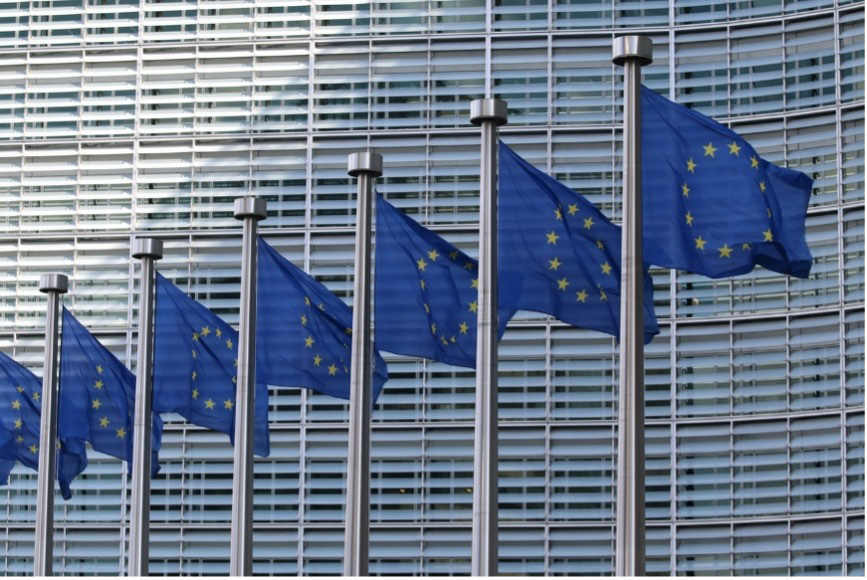- Client: European Parliamentary Research Service (EPRS)
- Implementation period: December, 2020 - August, 2021 (Completed)
- Geographic coverage: European Union
- Theme: Energy
- Topic: Energy Efficiency, Energy Markets, Energy Policy, Renewable Energy
- Experts: Luc van Nuffel, Onne Hoogland, Peter Lemoine, Perla C. Torres Vega, Anna Kralli
Energy and the cost of non-Europe: An analysis of the benefits of common European action to realise the energy transition.
This study aimed to estimate the net cost if no further action is taken at EU level to effectively decarbonise the EU energy system by 2050 (i.e. the cost of non-Europe). 13 key challenges to realise the energy transition were identified and the most relevant EU and Member State policies for addressing each challenge were assessed. Key findings included:
- EU level action is particularly important for collective strategy formation and target setting, both through the existing governance and target setting frameworks and through the implementation of specific projects of common interest (e.g. IPCEIs) for promoting technologies with high relevance for the energy transition (e.g. hydrogen).
- EU level action is indispensable for implementing effective and efficient carbon pricing, through extending the EU ETS and possibly implementing a carbon border adjustment mechanism, and for ensuring sufficient investment in sustainable technologies, both through core EU funding in the Multi-annual Financial Framework, and through exceptional funding under the EU recovery plan (NextGenerationEU).
- Several other EU level policies with significant room for further added value were identified, including additional action on market integration and research, development and innovation in the energy sector.
The study was delivered by Trinomics (lead), in collaboration with Cambridge Econometrics. The study ran from December 2020 to July 2021.
https://www.europarl.europa.eu/thinktank/en/document/EPRS_STU(2021)694222
